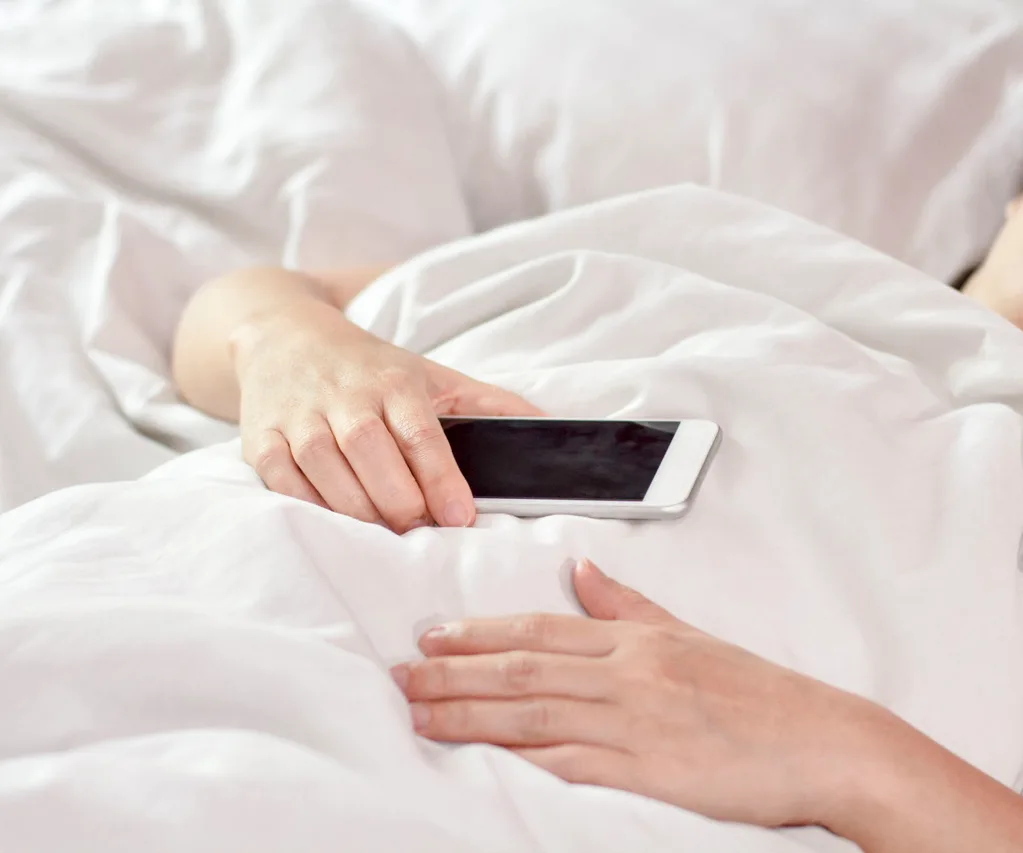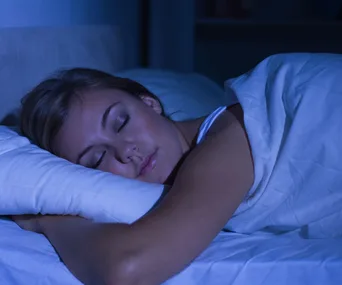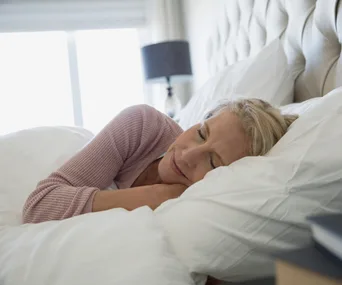I may not be springing out of bed with unbridled enthusiasm, but I’m not hiding under the doona either.
So while I wouldn’t say no to a lie in now and then, on the whole I think I get enough sleep.
And, according to Lana Hall, psychologist and author of the book How to stop worrying and start sleeping most of us feel the same way.
However, Hall believes that while most of us think we can survive on the amount of sleep we’re getting, we might not be getting nearly enough.
And while you may think that you are getting by just fine, sleep deprivation comes at a cost. In fact, chronic sleep deprivation has been tied to an increased risk of type 2 diabetes, cardiovascular disease, obesity, and depression.
It’s not just the big consequences that we need to worry about. Hall says that regular sleep deprivation can have a negative impact on your day to day life.
“Lack of sleep takes who you are and brings you down a few notches in every way: you’re less energetic, more emotional, have less willpower, are more indecisive, less clear headed, and more likely to think negatively” she explains.
So other than feeling tired, how can you tell that you’re not getting enough sleep?
Hall suggests looking for the following signs:
You find it hard to make decisions
You have big reactions to little events; you’re more likely to burst in to tears or become cranky.
You find it hard to concentrate and make silly mistakes
You are always getting sick
You are always hungry
If, like me, you are nodding along to this list then it might be time to make sleep a higher priority.
So what can we do to improve our chances of getting a good night’s sleep?
Hall says that exercise will burn up some of the stress hormones that our bodies produce during the course of the day.

If you want to get a good nights sleep then avoid screen time before bed.
“Stress hormones make it difficult to go to sleep if there’s too many of them left in our system come bedtime. This is because our bodies respond to stress is by keeping alert and ready for action,” she explains.
Hall also says that it is important to avoid screens for at least an hour before bed. This means no phones, tablets, tv or computer time for at least an hour before bed.
“This gives your mind a chance to disconnect from strong feelings and consuming problems, so you have a chance to relax before you try to go to sleep,” she explains.
Hall also notes that the light from these devices can influence your brain, causing you to feel less sleepy (although new technology has lessened the impact of this).
“Spend the time reading, listening to music or doing some yoga/relaxation type exercises,” she suggests.
Finally, Hall says that learning a simple relaxation strategy such as calming breathing will help you to clear your mind and relax you physically, emotionally and mentally before sleep.
“You can do this as soon as you get into bed and it will help you to fall asleep easily, before your mind has a chance to start chattering away,” she says.
Hall notes that the simplest relaxation strategy is to breathe in for four counts, and then out for four counts.
“Focus only on the feeling of breathing in and out, and counting the numbers silently to yourself – 1, 2, 3, 4 as you breathe in and 4, 3, 2, 1, as you breathe back out,” she explains.
It’s worth the extra effort.
“Sleep gives us the chance to repair our physical body, to process emotions and feelings that were generated in the daytime, and replenishes our mental energy.
“A good night’s sleep results in better energy levels, a greater ability to stay calm and rational, more focused and clear thinking and better abilities to rationally process information – leading to easier decision making,” Hall explains.
“Sleep is really important.”
You may also like:



